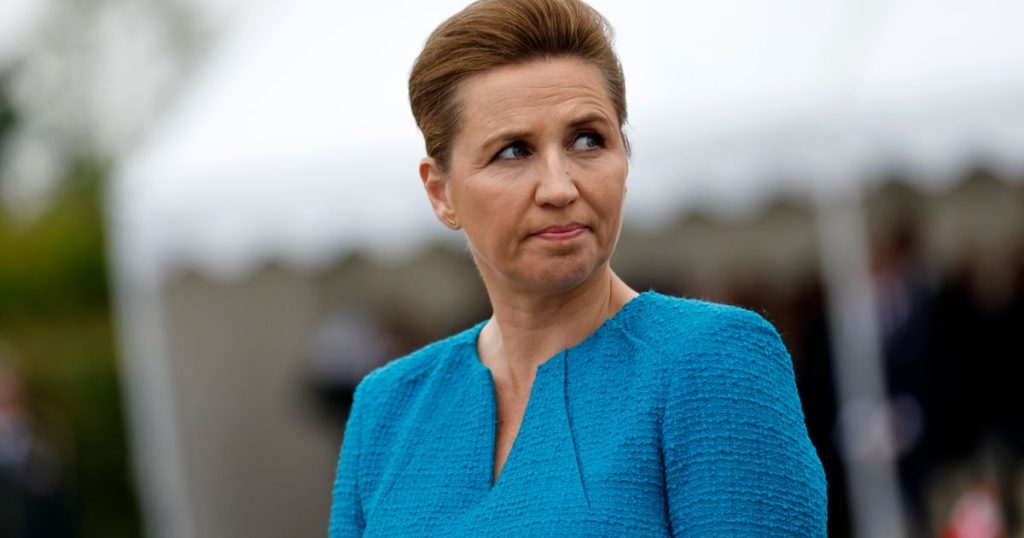Danish Prime Minister Mette Frederiksen was reportedly assaulted by a man in Copenhagen, leading to one arrest and an ongoing investigation by police. The incident occurred just before the European Union parliamentary elections, during which Frederiksen was campaigning with the Social Democrats’ EU lead candidate. While details of the assault were not immediately clear, Frederiksen’s office confirmed that she was “shocked” by the incident. Politicians from various countries, including Sweden and the European Council, condemned the attack as an assault on democracy.
Violence against politicians has been a concerning issue in Europe in the lead-up to the EU elections. Just prior to the assault on Frederiksen, a candidate from Germany’s Social Democrats was beaten and seriously injured while campaigning for a seat in the European Parliament. In Slovakia, an attempt to assassinate populist Prime Minister Robert Fico on May 15 also raised alarm and sent shockwaves through the country and Europe at large. These incidents have highlighted the dangers faced by politicians in the current political climate.
The assault on Frederiksen has drawn widespread condemnation from politicians and officials worldwide. Swedish Prime Minister Ulf Kristersson emphasized that an attack on a democratically elected leader is an attack on democracy as a whole. Charles Michel, president of the European Council, labeled the assault a “cowardly act of aggression.” The incident has underscored the importance of protecting political leaders and ensuring their safety in the face of increasing threats.
The specifics of the assault on Frederiksen remain unclear, and it is uncertain whether she sustained any injuries during the incident. The attack has raised concerns about safety and security for politicians, particularly in the lead-up to high-profile events such as the EU elections. Frederiksen’s office did not provide further details about the assault, leaving the public and officials eager for updates on the investigation and the motives behind the attack.
The timing of the assault, coming just before the EU parliamentary elections, has added an extra layer of significance to the incident. Frederiksen’s involvement in campaigning with the Social Democrats’ EU lead candidate suggests a potential political motive behind the attack. As European leaders prepare for the elections, the assault on Frederiksen serves as a stark reminder of the risks and challenges faced by politicians in the public sphere. The incident has sparked debates about security protocols and measures to protect elected officials during high-risk events.
In response to the assault on Frederiksen, efforts are likely to be made to enhance security for politicians and public figures across Europe. The incident has prompted discussions about the need for increased safeguards and measures to prevent similar attacks in the future. As threats against politicians continue to escalate, governments and law enforcement agencies are expected to prioritize the safety and well-being of elected officials, ensuring that they can carry out their duties without fear of violence or harm.


